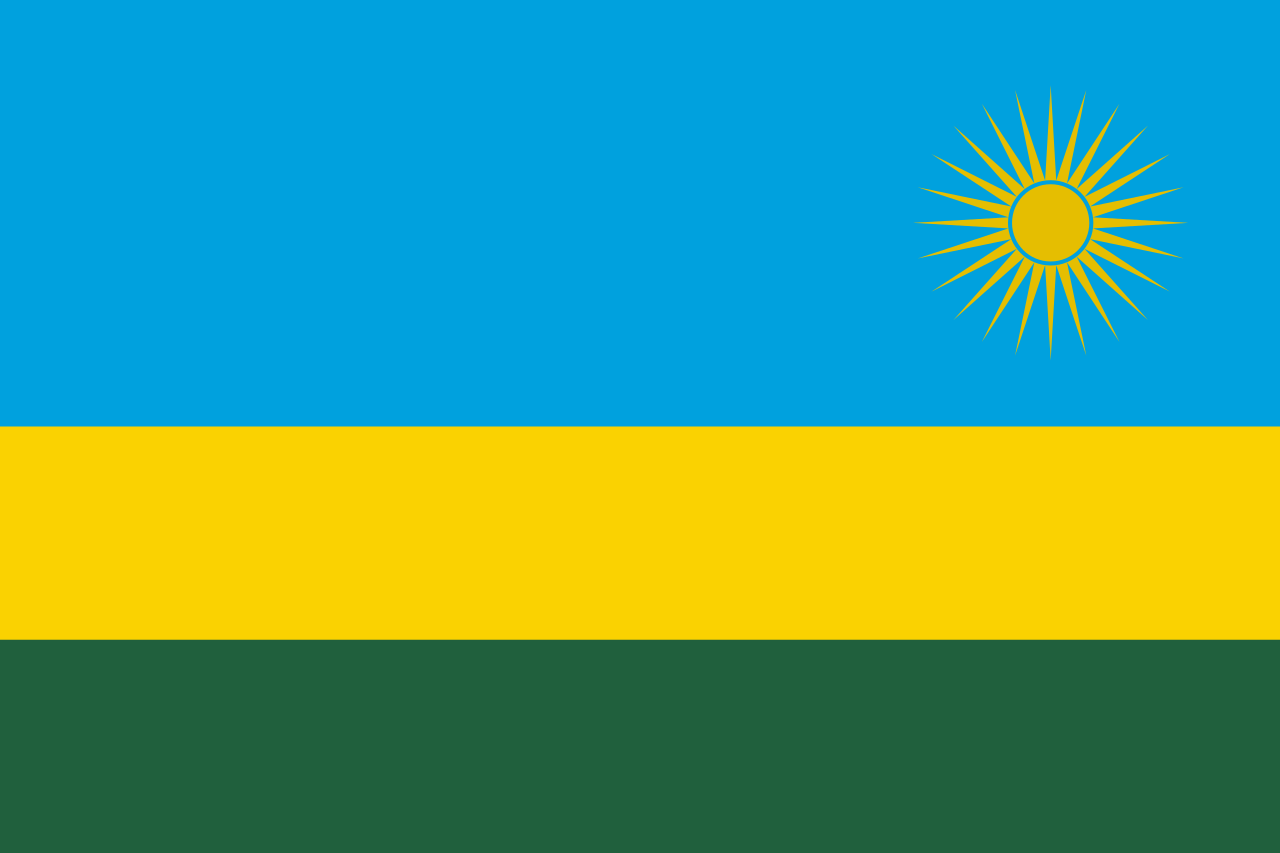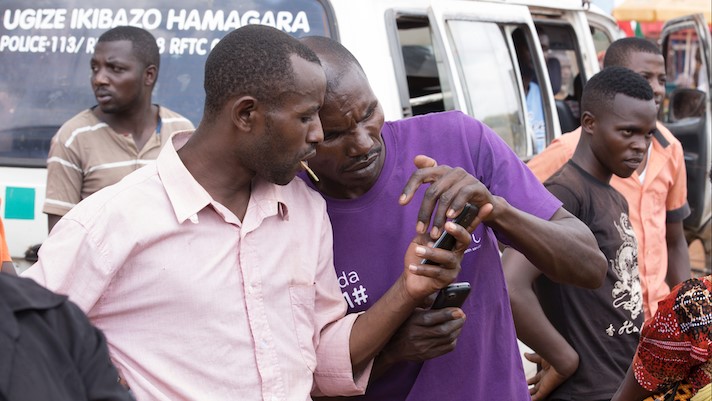The Rwanda Investigation Bureau (RIB) has arrested two doctors of Baho International Hospital as part of ongoing investigations into the death of a female patient on Thursday, September 9.
“RIB has arrested Dr. Gaspard Ntahonkiriye (Gynecologist) and Dr. Alfred Mugemanshuro (Anesthesiologist) from BAHO International Hospital as part of the ongoing investigation into the death of a female patient (54 years-old) who died on 09 September, 2021. Findings of this investigation will be communicated later,” Thierry Murangira, the Spokesperson of RIB told The New Times.
Murangira declined to reveal more details about the deceased and the situation in which she died, saying “it might hamper investigation.”
However, on Thursday, via their Twitter account, Baho International Hospital commented about the death of a female patient – a one Chantal, sending their condolences to her family, and informing the public that the case is being investigated by a competent authority.
“Baho International Hospital would like to present its sincere condolences to the family and friends of Chantal. May her soul rest in peace. The case is under investigation by a competent authority, we shall let you know further outcome,” read the comment.
About two months ago, the Ministry of Health launched a brief investigation on the private hospital after several people took to social media to complain about it.
The issues raised by the public included those related to poor hygiene at the hospital’s premises, at least one case of misdiagnosis, and poor customer care.
Days later, the management of the hospital came out and apologised to patients who had received poor services from it, and promised to do better.
“We would like to express our sincere apology to the public and especially our patients whom we have let down recently in customer care,” read a letter from the hospital, signed by Joseph Kayibanda, the Hospital Chairperson.
“BIH remains committed to implementing the necessary steps to ensure that all patients and customers are taken care of to the highest degree of excellence and in line with the development of Rwanda’s the health sector,” it added. - Hudson Kuteesa, The New Times








